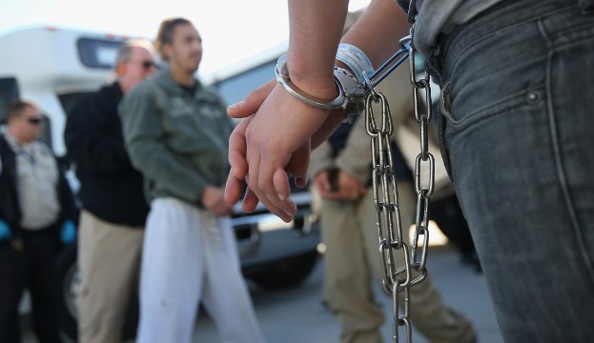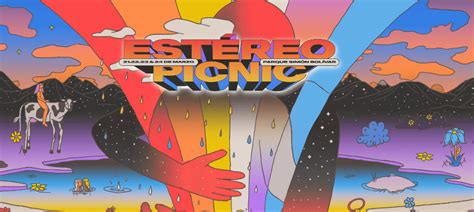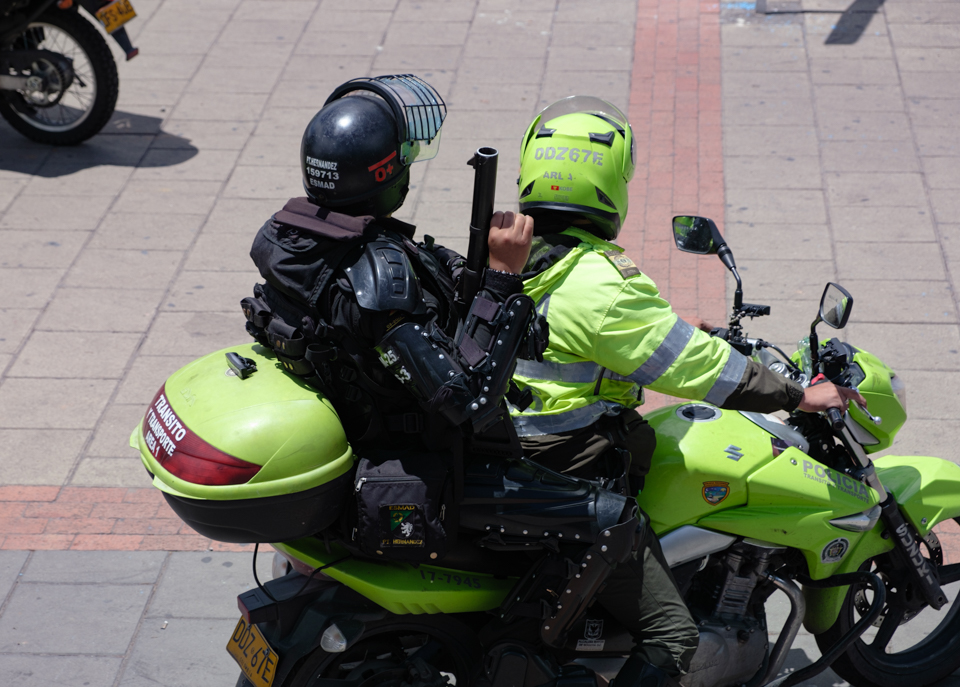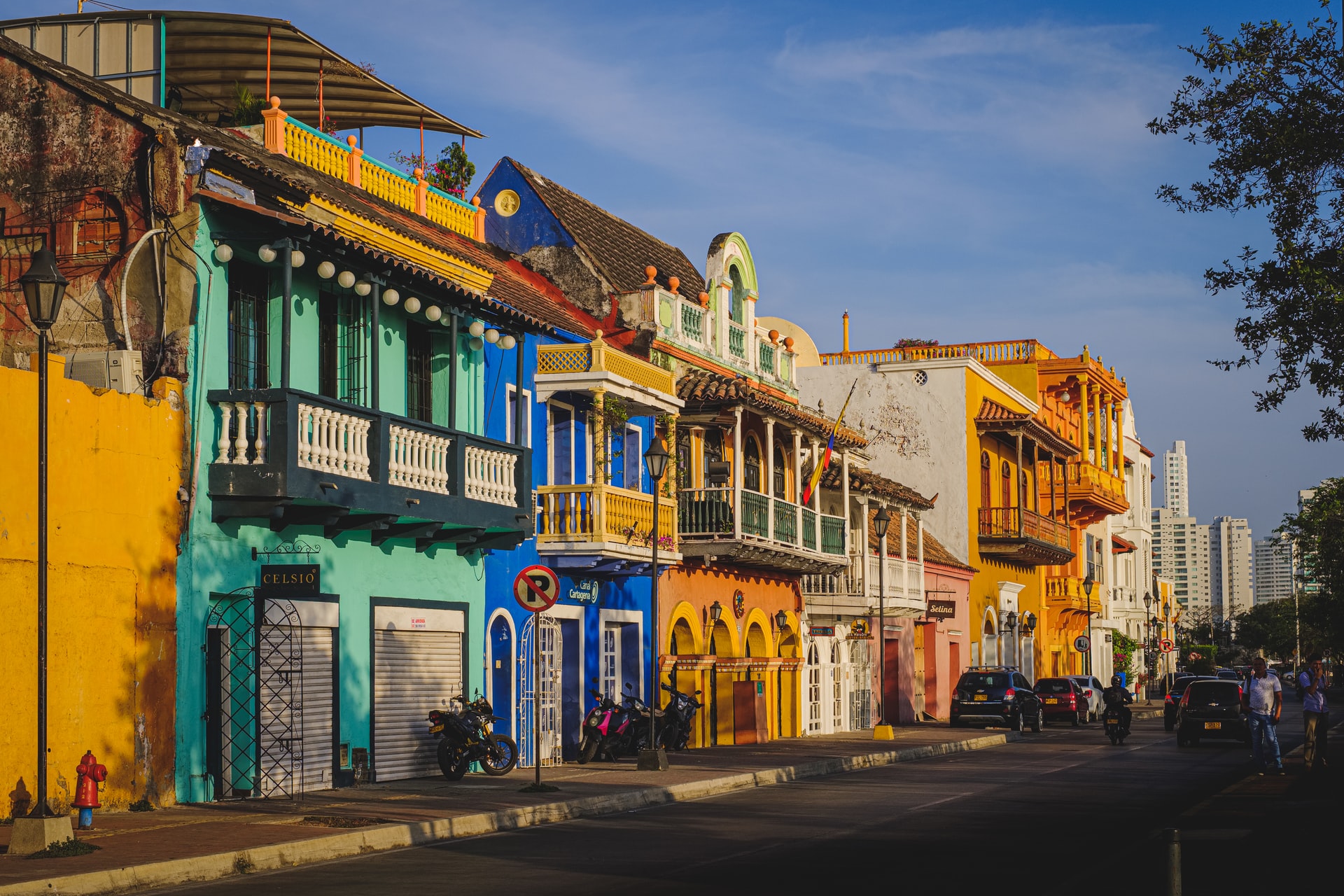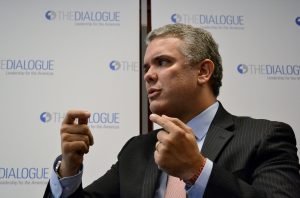
Colombian President Iván Duque’s first 100 days have flown by and has been the subject of media appraisal.
The first 100 days of President Duque have passed by. Critics and supporters of the president have rushed to evaluate his first three months either as a total success or an abject failure. The truth, of course, lies somewhere in the middle. Duque’s mixed record does not automatically make him a weak or strong president. Instead, as columnist El Mohán argues, it highlights the country’s deep divisions and the difficulties for any leader to mend them.
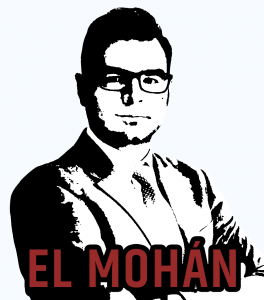 President Iván Duque has been in office for a little over three months. His administration so far does not appear extreme–though arguably there have been significant extemporaneous comments and proposals such as the VAT increases–- and it does not seem that Duque has been the pro-business law and order game-changer he promised to be during the campaign.
President Iván Duque has been in office for a little over three months. His administration so far does not appear extreme–though arguably there have been significant extemporaneous comments and proposals such as the VAT increases–- and it does not seem that Duque has been the pro-business law and order game-changer he promised to be during the campaign.
However, President Duque has not been able to carry out many of the campaign promises regarding the implementation of the peace agreement with the FARC or putting an end to the peace talks with the ELN. By the same token, despite his party’s aggressive stance towards Venezuela, Duque has not matched them in aggression.
Duque’s presidency has been challenged by members of his own party who believe he has not gone far enough and has adopted unnecessarily conciliatory stances towards opposition members, particularly people who served in the previous administration. Similarly, Duque has been made fun of and mocked by opponents who have used every misstep as an opportunity to make light of his presidency. Unfortunately for Duque this has to be familiar since he exercised the same merciless opposition on his predecessor
Duque’s 100 days in Congress
Regardless of who was elected president in May, Congress was doomed to be a nightmare. The Centro Democrático and it’s coalition control of a slim majority of seats needed not only strict party discipline, but also some members from independent and opposition parties to join them in order to successfully pass legislation in committee and later in plenary sessions. This may sound like legalese–and to a certain extent it is–but the truth is that Duque cannot govern with his party alone. This in turn has made some of the more extreme members of his party react against the rules of the Congress proposing a complete upending of the country’s Democratic institutions. Ernesto Macias, president of the Senate, made the outlandish proposal to call for a constitutional assembly out of frustration that the Congress was unable to pass bills on the long-awaited judicial sector reform.
Definitivamente no es posible tramitar vía Congreso, verdaderas reformas a la Justicia, ni política, ni ajustar los acuerdos de La Habana; las presiones de las Cortes y otros intereses lo impiden. El Presidente no debe descartar la convocatoria de una asamblea Constituyente.
— Ernesto Macías Tovar (@ernestomaciast) 11 November 2018
Although outlandish, Macias’ proposal highlights the fact that the government will have significant difficulties to see through its legislative objectives. More so that if it was unable to do it in the first 100 days of its presidency the next couple of years will will be characterized by brinkmanship, obstructionism, and outright extortion of the executive in order to achieve legislative success. Unfortunately for the President this means he will not be able to produce the quick results that keep his campaign promises. Fortunately for the country this means a sort of compromise will be brokered in the Congress as it is supposed to happen.
Duque and the peace agreement
Even though the President’s election campaign was based largely on the premise that the peace agreement between the Juan Manuel Santos Administration and the FARC was equivalent to capitulation, Duque has not undone the peace agreement. In fact, Duque has used his foreign trips as an opportunity to reassure the International Community that his government will abide by the peace agreement and that in turn the agreement fulfills Colombia’s international treaty obligations. On the other hand Duque has not followed members of his own party who were calling for a military intervention in Venezuela. Likewise, he has not outright put an end to the talks with the ELN, which would significantly deteriorate the short-term security situation of the country.
Acuerdo de paz fue hecho bajo el marco de la CPI y el Estatuto de Roma: @IvanDuque https://t.co/MfcjcQLaUb pic.twitter.com/oJFjcSeJHa
— W Radio Colombia (@WRadioColombia) 11 November 2018
This does not mean, by any measure, that Duque or his party remain fully vested in the implementation of the peace agreement. According to the Kroc Institute from the University of Notre Dame, although there is progress there are enough gaps in the implementation of the peace agreement that are cause for alarm. In particular the points dealing with integral land reform and the solution to the illicit drug problem are the two points in the agreement with the least progress in their implementation.
In fact some of the proposals from the president and his party are completely contrary to what was written in the peace agreement including their efforts to abolish political participation for the victims of the conflict, their disdain of land reform, their calls to resume aerial fumigation of crops with glyphosate, and their efforts to reform the transitional justice system.
Let me be clear: this means the peace agreement remains in danger, but this is not the government’s fault alone. Members of the FARC have been lackadaisical about their commitment to truth justice and reparation. It is clear by now they did not hand over the complete cache of weapons drug routes or resources under their power.
Student protests and opposition
Duque has been unable to make everybody happy. We all knew that would happen. The anti-corruption consultation, the record numbers of alternative parties, the issues that are no longer only about the conflict but instead focus on official corruption, police reform, environmentalism and education suggest the country’s political agenda is now akin to the middle class country which it is. The student demonstrations and marches that are going on as I write this column suggest a radical departure from politics as usual. Although most governments experience a sort of protest during their first 100 days in office something seems different about things this time around.
Nobody likes to pay taxes, but this time people are paying close attention. The increases in the VAT contained in the tax reform that Duque and finance minister Alberto Carrasquilla suggest are the only way of resolving the fiscal deficit. The reform, which largely favors large corporations at the behest of ordinary middle class Colombians, is not entirely misguided. Both the IMF and the OECD agree that the reform balances corporate and personal tax levels. But, as President Duque himself argued while he was Senator Duque and the last government wanted to pass a similar measure, the move is unfair to Colombian taxpayers whose contributions have been squandered by the government by corruption and overspending. These measures will surely be challenged in Congress, on the streets and on twitter.
“Iván Duque es como un Robín Hood al revés”: Gilberto Tobón Sanín https://t.co/s0XZMkdxd8 vía @RevistaSemana
— matador (@matadoreltiempo) 1 June 2018
Duque’s supporters have been quick to call critic’s characterization of the government as a “Reverse Robin Hood” as unfair and ill-intended. The polarized political climate has made it increasingly hard for Duque to rule the country. In fairness it would not have been as simple for either Gustavo Petro or Sergio Fajardo, both of whom ran in the 2018 presidential elections. Also, in fairness, Duque’s party’s acid opposition to former president Juan Manuel Santos and his landmark peace agreement with the FARC are largely responsible for the divisive atmosphere one hundred days after the president took office.
Sergio Guzmán is the Director of Colombia Risk Analysis, a political risk consulting firm based in Bogotá. Follow him on twitter @serguzes and @ColombiaRisk
This opinion column is intended as a space to discuss some of the most pressing issues faced by Colombia and the region in these uncertain times. All opinions and content are solely the opinion of the author and do not represent the viewpoints of The Bogotá Post.
*El Mohán is a Colombian mythological figure. He is described as a hairy humanoid figure associated with natural forces such as great rivers and the mysteries lying within the forests. It is said, El Mohán was a shaman who had an anticipated vision of the arrival of the Spanish conquerors and the terrors they brought along.

